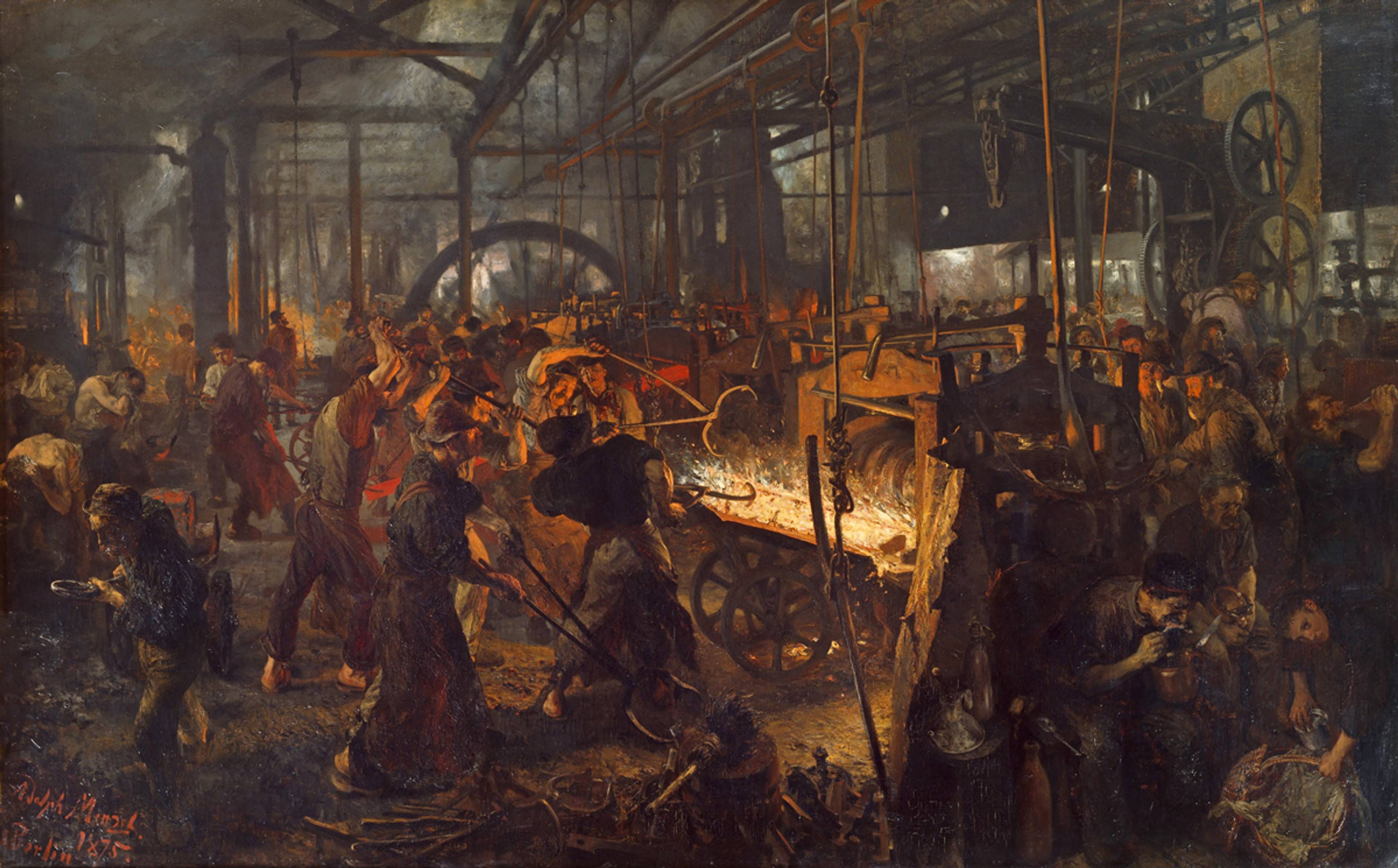For centuries, a class war was waged against the majority of humanity and nature. It set about replacing the daytime with the working day. No longer would the turning of the Earth shape time, as each morning people emerged towards the sun. Instead, the day would become a measure of the labor that could be compelled from a person. Moreover, it was not only the day that was overcome, but also the seasons, which had once governed the annual rhythm of sowing and reaping. The supposedly free people of Europe and North America were driven from the land by enclosures, the establishment of workhouses, competition from production founded on chattel slavery, and the decline of agricultural economies, as well as the promise of wages in emerging industrial heartlands. They flocked towards cities, where it turned out that profit could be reaped from this steady flow of human bodies at all times.
The last victim of this war was the night itself. In the 1780s …
___
– This text appears in full in Spike #78 – The Night. You can order your copy in our online shop –


